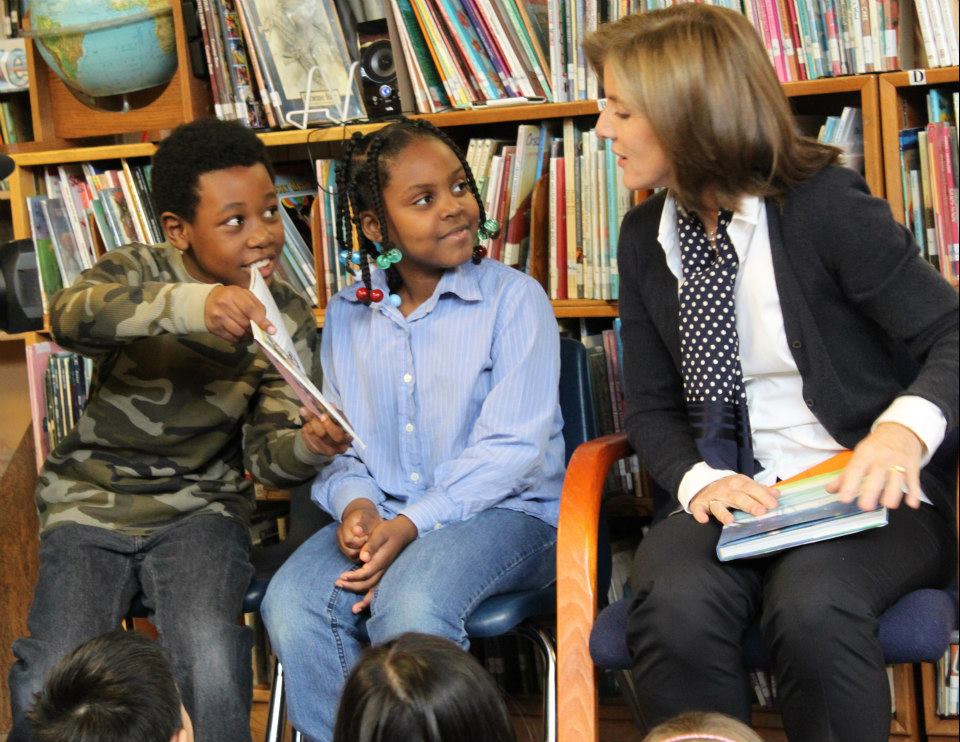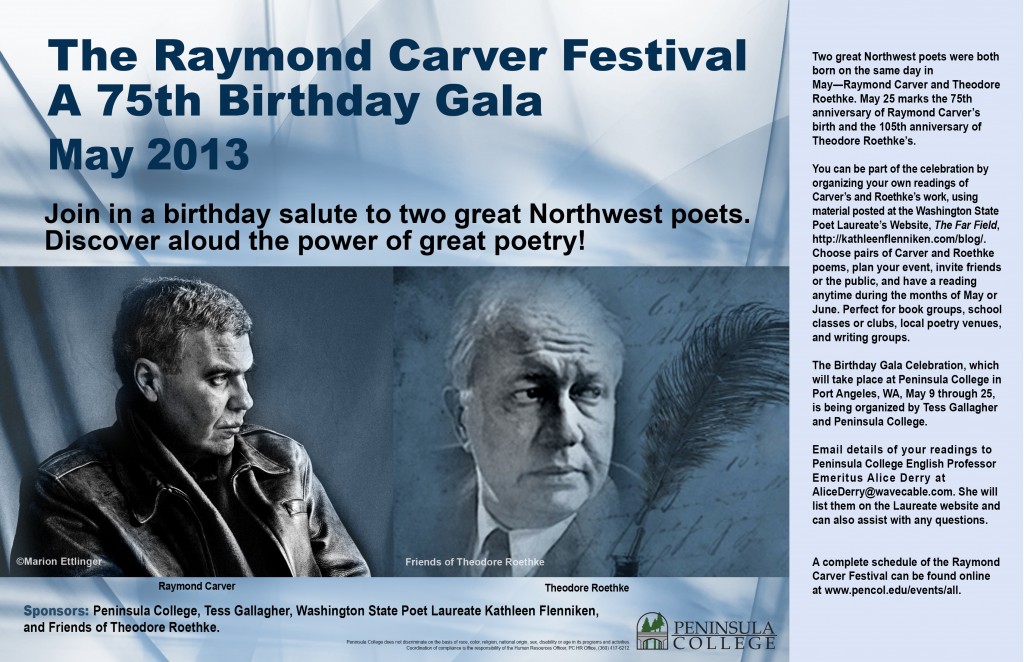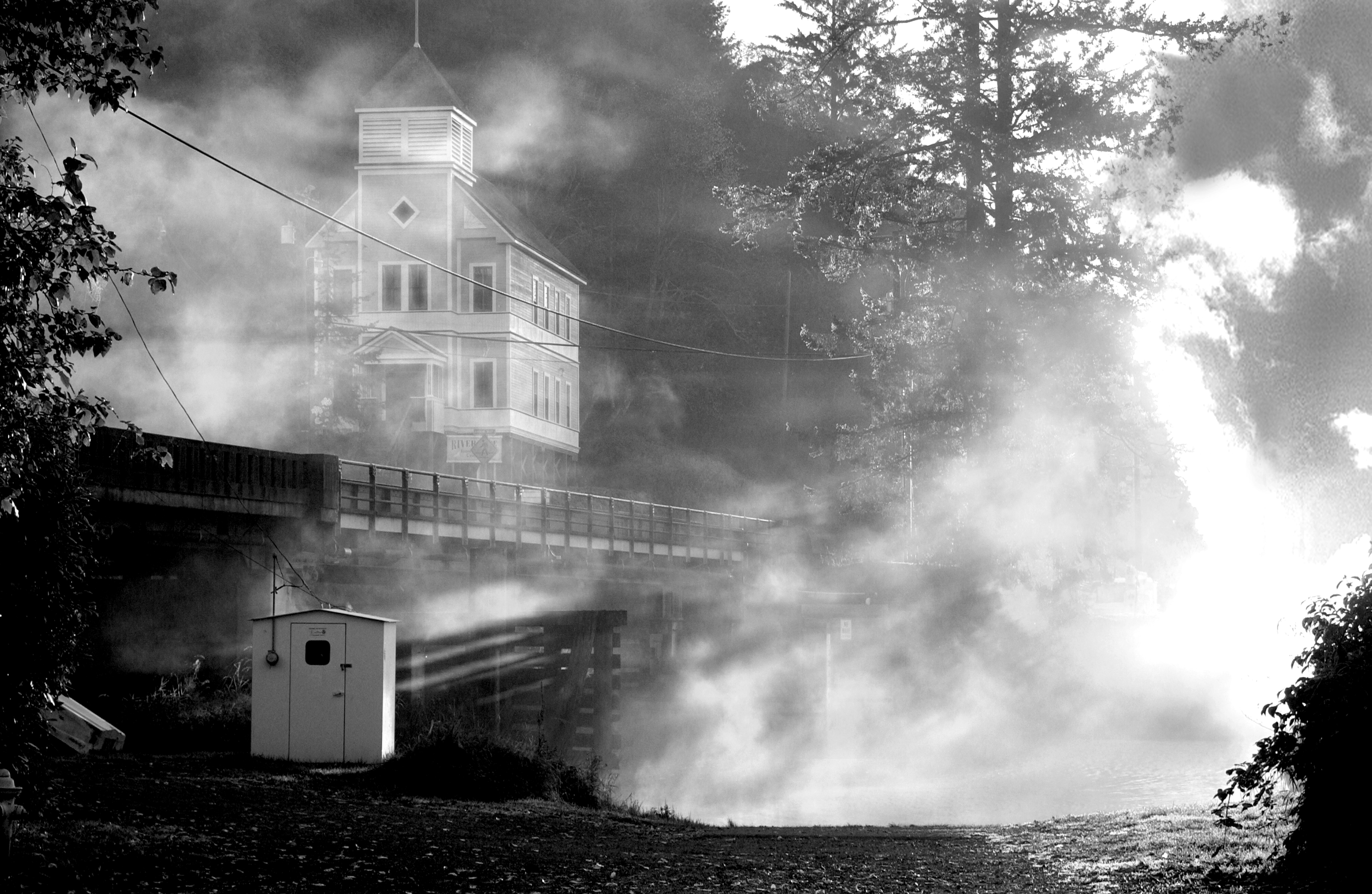Poetry, “Planet Hand,” and The Private Eye
On a hot summer day many years ago, I’d been thinking about the enormous power of the metaphor mind, the mind that sees the world through the lens and network of analogy. The doors of my studio were open and bees sometimes swept in and began banging their heads against the skylight. The bamboo outside was rustling like taffeta skirts and it was an altogether lovely day to be thinking.
I glanced, by chance, at my bookshelves and saw an eye loupe sitting there, next to the clay alligator. (An eye loupe — or jeweler’s loupe — is a magnification tool that looks like a tiny top hat. You hold it so the flared end cups one of your eyes, while an object of study is held about two inches away.) A friend, the architect Fred Bassetti, had given it to me. He’d shown me seedpods that he kept in a box. Strange and exotic seed pods from Africa and Latin America. He’d drawn lessons for architecture from those pods.
I picked up the loupe and wondered. Everything has an unlocked secret. What was the secret of the loupe? I’d been a classroom teacher in San Diego, but in Seattle I’d thrown myself into “the writing life”. Both worlds ticked like dueling, sometimes rhyming, clocks inside me. What secret did the loupe hold that perhaps kids, or even adults, could use?
I had nothing exotic to explore, so I looked at the closest thing: my hand. It was like another planet… dry as a desert, folded and rumpled like the earth seen from an airplane. It was like a quilt and reminded me of chicken tracks in the mud and of Buckminster Fuller’s geodesic dome and the lines made me think of expansion joints in the facades of buildings. I had really never seen my hand before! Since I was in the habit of writing poetry, a poem about my hand bubbled up. It was so easy and so much fun. But what was the question that drove the lines of my poem? Ah. “What else does it remind me of? What else does it look like? What else? What else? What else?” With the loupe and that first question, kids could generate all sorts of writing! Then I went outside. I slid down the throat of a foxglove, traipsed across a furry leaf, and took a walk on the back of a beetle. Poems came tumbling out, but also scientific questions and mathematical inquiries. I practiced drawing a flower through a loupe.
That afternoon The Private Eye program was born.
The Private Eye Project, originally grant-funded and piloted in the Seattle Public Schools, has grown into a national program. It brings out the poet, scientist, and artist in anyone. With the help of the loupe — which smashes stereotypes — and four simple questions, students and adults easily generate “the bones-for-poems”, the bones for stories, essays, reflections, then move into hypothesizing, theorizing, inventing, designing.
Here’s an example of a child’s poem using the process:
My Hand
I sat on a brown miniature rock
Looking at all the big rocks above me
I looked farther out
I saw the cracks that ruined the light skinned road
As they dried up, weeds blew along with short scars
The blue waters made continuous ripples
Natasha, 6th grade, Mercer Middle School, Seattle Public Schools
For 25 years now, kids and adults have been using The Private Eye approach to write, draw and theorize across subjects. What’s the larger purpose? It’s to build the habits of mind of writer, artist and scientist — in one fluid motion.
NOTE: Some elements of the above article are adapted from the introduction to The Private Eye — (5X) Looking / Thinking by Analogy: A Guide to Developing the Interdisciplinary Mind, by Kerry Ruef (The Private Eye Project, 1992, 1998, 2003).
Kerry Ruef is founder and director of The Private Eye Project, a hands-on program to spark creativity and critical thinking that fuses poetry, science, and art, K-16 through life. The recipient of numerous grants and awards, in 1979, on a year-long writer-in-residency with the Seattle Arts Commission, Kerry created “The Floating Poetry Gallery”, one of the first efforts nationwide to bring poetry into public places. Artists created works based on juried poetry integrated into the art. The results rotated through Seattle public buildings. Kerry’s poems and essays have appeared in Harpur Palate, Prism Review, Whole Terrain, and other literary journals. She won the Prism Review Poetry prize and was a finalist for the Milton Kessler Memorial Poetry Prize (Harpur Palate), the New Letters’, and the Third Coast poetry prize. She lives in Lyle, Washington.



